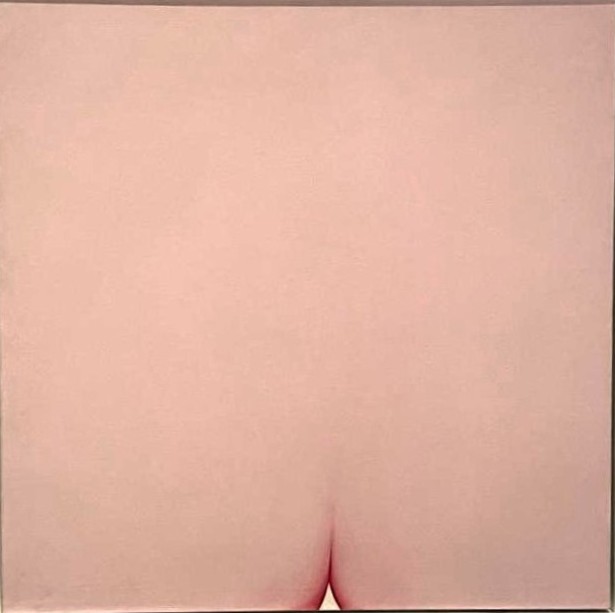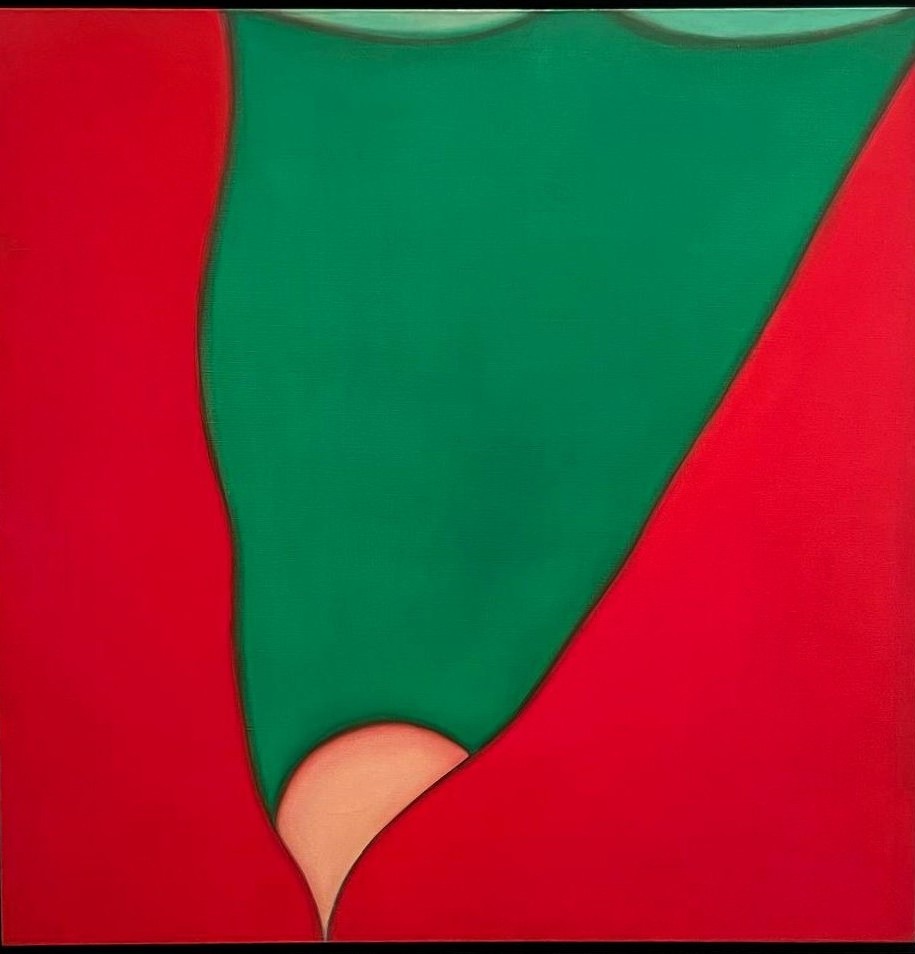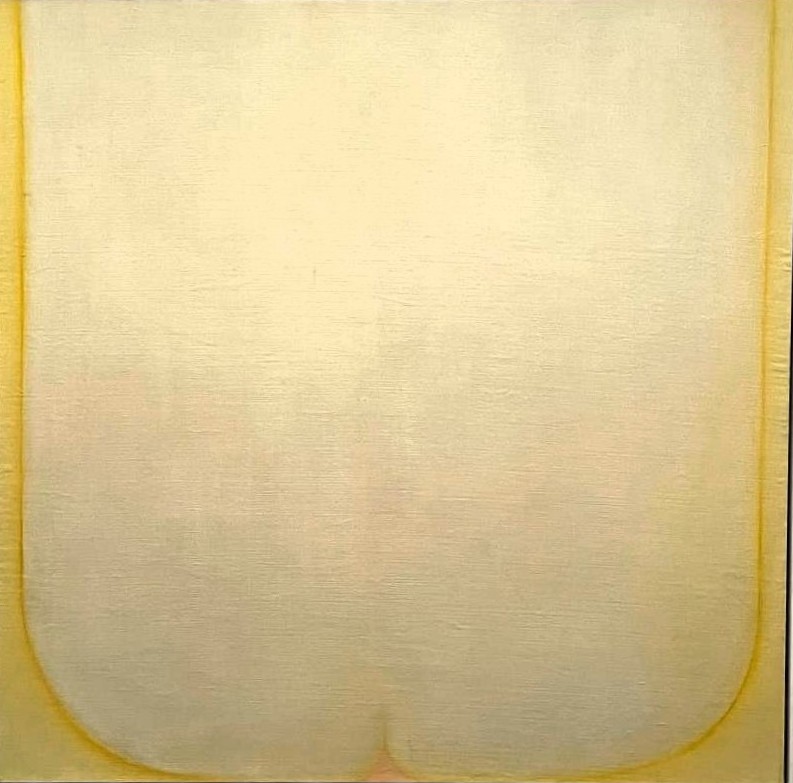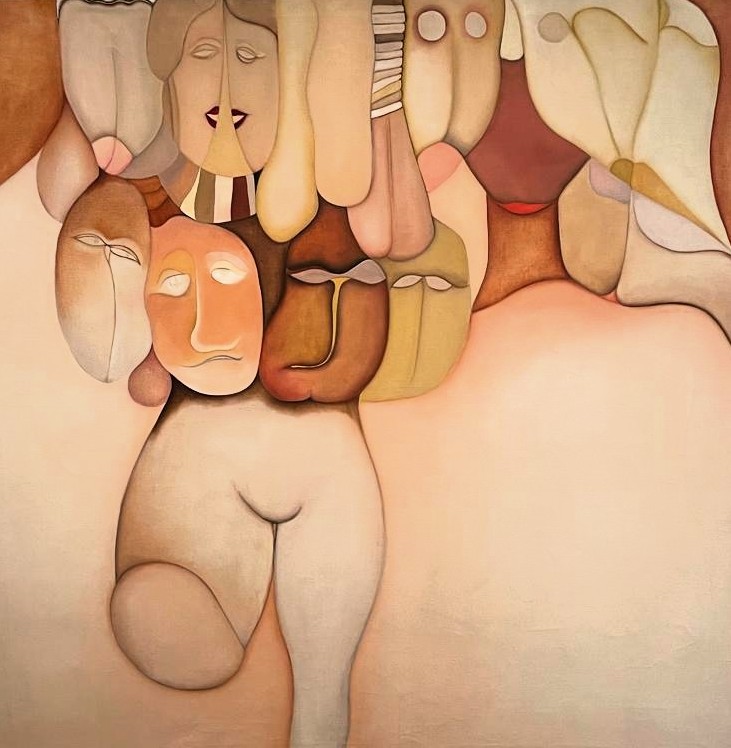To all the angry women in my life
A flaming red shawl. Tassels whiplashing the air. Skin rippling beneath black, furrowed brows as a cry, hoarse and determined pierces the blacked-out auditorium. Meet the Farruca.
I first came across this term, which translates to something like ‘defiant, stroppy’, when I played a sex worker in my Spanish faculty’s annual play. My character was often angry and deployed this onomatopoetic term with abandon to describe her emotional state. Since then, I’ve sent scores of Spaniards into hysterics when resorting to this adjective to define my mood when suffering from the Andalusian heat / bureaucracy / lack of vegetables because it sounds startling out of the mouth of a foreigner. Its humorous element also helping to play down my shame for not being able to face my challenges with more grace. However, since my recent move to Spain, I have learned that instances of female rage as captured by the term encapsulate their own kind of beauty.
Farruca = defiant, stroppy and so much more
To fully understand ‘farruca’, you have to go beyond the term’s literal translation and know that it is also a form of flamenco music developed in the late 19th century. It is traditionally sung and danced by men but I’ve seen and learned to love it when performed by women. In traditionally un-scripted Flamenco performances, the dancer does not dance to the music, but the musicians follow the cues provided by the dancer, if they can keep up… I have never seen another kind of dance in which a female solo dancer commands the stage like this. At the beginning of a song, a single female figure emerges into the spotlight, often advancing with unnerving, defiant slowness. If she decides that we can watch on while takes one minute to lift her left arm into the air, so be it. She is in charge. This space is hers. At the same time, you sense a latent energy. At any moment her force may descend on you, breaking out of her slow advance into a series of explosive movements, clapping and shoe tapping, arrhythmic sharp twists and turns tearing through the air. She gathers up her skirts not to please the male gaze with her exposed skin but so that her legs have more space to tear this place to the ground. Flashes of nudity as a by-product of her self-expression. Alternating between measured movements and rapid combinations, the performance usually crescendoes into an ecstasy of foot tapping as the dancer destroys the ground with her rapid movements emerging victorious, proud, queen of the stage.
That is what I think about when I say farruca.
8M
This Farruca energy was also palpable when I was in Madrid last week. I happened to be there for 8M (the I think way cooler name for International Women’s Day here in Spain 8M = 08 March). Manifesting women flooded the metro and streets. The ‘Cancion Sin Miedo’ 8M hymn of rage and solidarity made purple-clad flesh.
Even the sound of some words in the Spanish language, the jota in justicia, the rolling r in rompo seem uniquely appropriate for gathering all your saliva at the back of the throat before spitting in the face of those who have kept women small for centuries. As of October 2024, 39 women were killed in Spain last year as a result of gender-based violence and among EU countries, it ranks fourth for femicides, following Italy, France and Germany. Some things are worth getting enraged about.
Huguette Caland
Retreating from an emotional week to the fourth floor of the Reina Sofia Museum in Madrid before returning to Cádiz, I stumbled across the temporary exhibition ‘En pocas líneas’, a retrospective of Huguette Caland, a Lebanese painter and sculptor. My eyes drank in her pastel colours and round shapes, having been starved of variety by the endless browns and blacks of Goya and Velaszquez that dominate the exhibition spaces here (There’s only so many shady aristocrats and suffering Jesuses you can look at). The obvious would be to focus on how Caland’s shapes suggest butt and breast cracks etc., but I like her paintings because they capture something that also appeals to me about the Farruca and Manuela Carrasco. They claim space. In pastel. Powerfully. To me, the fact that they are both is what makes them beautiful.




🎵 Cantamos sin miedo, pedimos justicia / Gritamos por cada desaparecida / Que retumbe fuerte: ¡Nos queremos vivas! / ¡Que caiga con fuerza el feminicida! / ¡Que caiga con fuerza el feminicida! // We sing without fear, we demand justice / We cry for every disappeared woman / May it resound loudly: We want each other alive! / Let femicide come crashing down / Let femicide come crashing down. 🎵